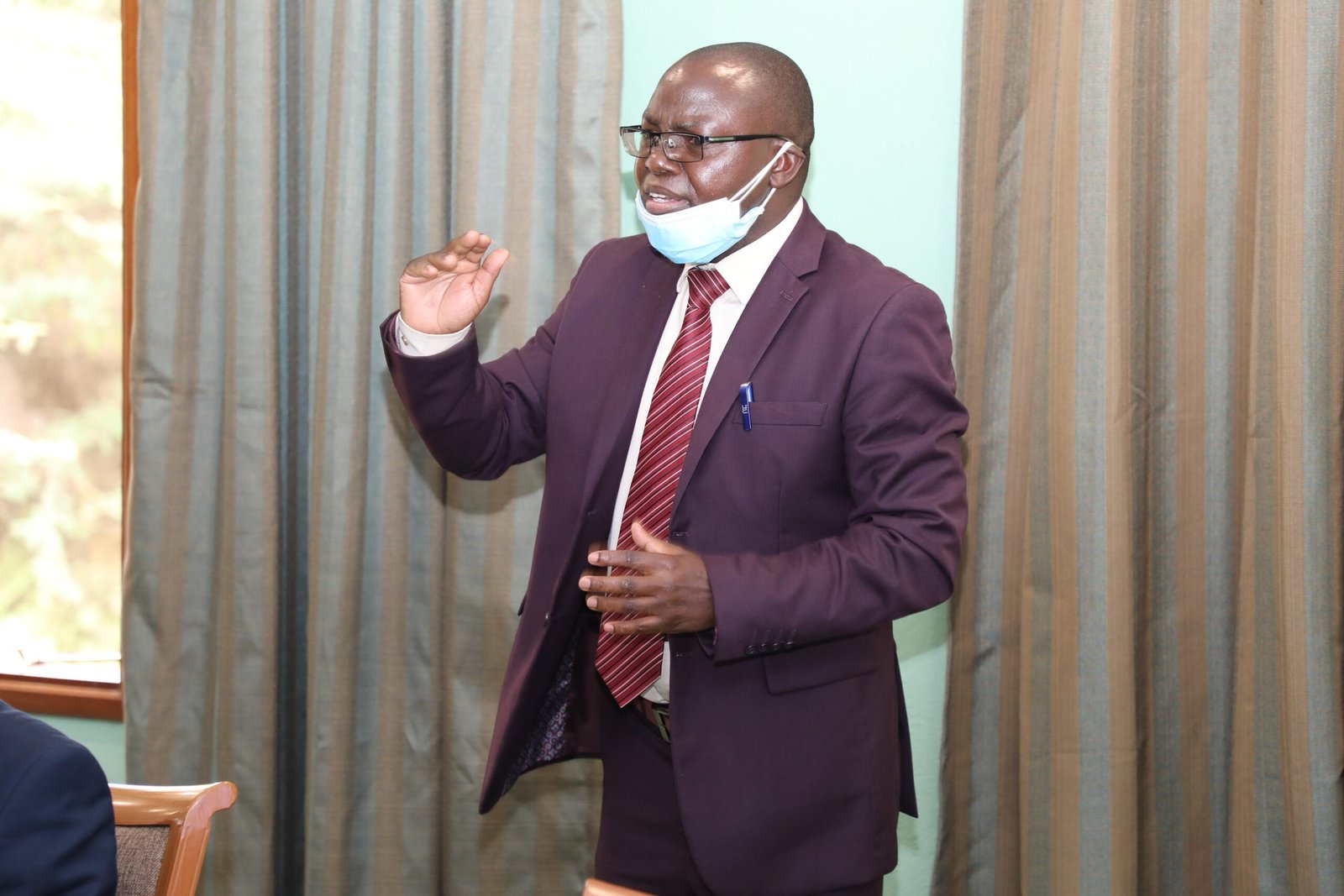By David Wanjala
Corruption, fraud, and unethical conduct remain the biggest cancer that eats into public and private institutions and retards their growth, Ethics and Anti-Corruption Commission CEO Major Twalib Mbarak has said.
In a speech to open a three-day training workshop for Corruption Prevention Committee members of Konza Technopolis Development Authority in Naivasha that was read on his behalf yesterday by the Commission’s South Rift regional head Mr. Ignatius Wekesa, Major Mbarak called upon Public officers to shun the culture of self-gratification, kickbacks, favoritism, laziness and misappropriation of resources if they are to help their institutions realize set objectives.
The Konza Technopolis, he said, is a vital project that carries Kenya’s aspiration to be the regional technology hub adding that as one of the flagship projects of the country’s vision 2030, it remains the backbone of the development of the African Silicon Savannah.
“Your pivotal role in marketing and establishing strong infrastructures and attracting investments and creating jobs cannot be gainsaid,” the CEO said.

According to the World Bank, Kenya’s ICT sector has enjoyed a commendable 10.8% growth since 2016. The sector is valued at $717m and contributes 8% to the GDP. It created 250,000 jobs at the end of 2020 and therefore remains a crucial business accelerator and is the new frontier of the 4th industrial revolution in the 21st century.

Mbarak said that the Ethics, Integrity and Anti-Corruption training will help the Konza Technopolis CPC mainstream sound ethical practices and realise good governance, stressing that ethics education of public officers is an important strategy in the prevention of corruption that is anchored in both the international legal instruments and domestic laws.
“I do not doubt that the knowledge and skills you will acquire from this training will assist you in staying the course of serving our beloved nation,” he said, adding that CPCs play an important role in preventing corruption and unethical practices in public institutions, including setting priorities in the prevention of corruption within the institution, planning and coordinating prevention strategies, receiving, reviewing and taking action on corruption reports and preparing and submitting quarterly progress reports to the Performance Contract Steering Committee among others.
He said the Commission has continued to record significant strides in the fight against corruption. During the past five years, he said, the EACC concluded investigations in 824 cases and, in close collaboration with the DPP, secured 273 convictions, recovered corruptly acquired assets worth Sh.17.8b, and disrupted possible loss of public funds worth Sh.38b. The Commission also conducted 15 systems examinations and 42 corruption risk assessments for various institutions. It offered 3654 advisories, approved 133 Codes of Ethics for institutions and state officers, and processed 286,301 self-declaration forms for those seeking elective or appointive positions.
Corruption Prevention Committees are established by the Public Sector Integrity Programme to be in charge of corruption prevention in public institutions. The Committees are chaired by the CEO of the particular institution and members are heads of departments. The EACC trains the committee’s secretaries as integrity assurance officers.
Cognizant that prevention is far much better and cheaper than enforcement, Mr. Wekasa said that the EACC has transformed in strategic tact and is now carrying out its preventive mandate through education and promotion of standards and best practices in integrity and ethics more than ever before. Integrity, he said, is the key for the Konza Technopolis especially going by the amount of resources they manage.
“Be steadfast, be our champions and do the right thing as a person. If you divert, we will come to pick you rather than teach you, and we need not get there,” the South Rift regional head warned even as he lauded the management of Konza Technopolis for putting in place anti-corruption initiatives.
Konza Technopolis Development Authority (KoTDA) was established as a special purpose entity to facilitate the development of Konza and with a mission to ensure that Konza grows into a sustainable, world-class technology hub and a major economic driver for the nation, with a vibrant mix of businesses, workers, residents, and urban amenities. It is responsible for overseeing the development and management of Konza and establishing a solid value proposition for businesses to locate and expand in Konza. The Authority’s CEO Eng. John Tanui promised to build robust partnerships and collaborations in the corruption prevention initiatives.


